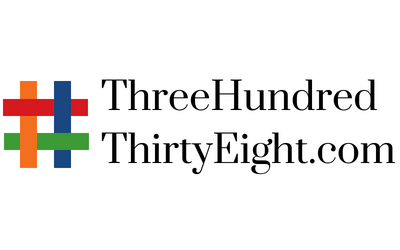By Morgan Lovell
If you were asked to explain how a motion passes in your local city council, what would you say? A likely answer would be that a motion’s approval requires a majority vote from city councillors.
However, in many municipalities across Ontario, this is no longer always the case.
The introduction of strong mayor powers, which have now been granted to 49 municipalities across the province, has brought many changes to the way local government operates. There are now certain motions that can pass with just one-third of support from council, a change that some are calling an affront to democracy.
This begs the question: What reason could the provincial government have for introducing a system that calls the validity of democracy into question?
Unfortunately, not one that is justified.
What Are Strong Mayor Powers?
Bill 3, the Strong Mayors, Building Homes Act, came into effect in fall 2022. This bill allows the Province of Ontario to grant additional powers and authority to mayors, including the ability to appoint CAO’s, hire/fire certain department heads, and to propose and veto certain bylaws.
This bill also introduced the concept of provincial priorities, which are meant to guide the implementation of these powers.
Ontario has currently defined two priorities:
- Build 1.5 million new residential units in Ontario by 2031.
- Construct and maintain infrastructure to support housing.
Only municipalities that commit to specific housing targets outlined for them by the province are eligible to receive strong mayor powers. And certain aspects of the powers, such as the ability to veto bylaws, are reserved for instances where not doing so would present a barrier in achieving these housing targets.
This is the phrase that former Municipal Affairs Minister Steve Clark used to describe what strong mayor powers would help achieve. Strong mayors have the ability to bypass regular procedures for the purpose of getting houses built, which will result in the faster delivery of provincial priorities.
This position has been echoed by Ontario Premier Doug Ford, who has additionally commented that failing to implement these powers would “worsen the housing affordability crisis.”
Are Strong Mayor Powers Necessary?
Despite being granted these powers, several mayors have made the decision not to use them. Waterloo mayor Dorothy McCabe has said that she “can’t foresee a situation” where she’d need to use strong mayor powers, and that the city is capable of reaching its housing targets without them.
In addition to being viewed as unnecessary, there is criticism about the province’s reasoning for implementing these powers in the first place.
The housing crisis is a complex problem that will require sophisticated solutions to solve. It is highly likely that the new homes being built with the aid of strong mayor powers will still be unaffordable for those in most dire need of better housing options. And considering the reluctance from the provincial government to increase affordable housing supports and protect existing rentals, this can only be seen as a inadequate solution.
An Affront to Democracy
As mentioned earlier, there are aspects of strong mayor powers that have come under criticism as being undemocratic, with arguments that they “normalize minority rule as legitimate authority.”
In this model of governance, additional powers given to the mayor are largely at the expense of council members, lessening their influence in guiding government decision making. This leads one to wonder how councillors can properly give voice to the concerns of their constituents if their influence is diminished?
It’s also important to consider that provincial priorities can be changed in the future without consultation. The current justifications for strong mayor powers will be invalid if provincial priorities change or broaden. Not to mention the additional threat to democracy this would bring, as expanding this list would lead to even broader authority given to mayors to create and veto bylaws without typical council approval.
What Does this Mean for Ontario?
The introduction of strong mayor powers should be a cause for concern for all Ontarians. These powers not only present a threat to the future of democracy, but they demonstrate a lack of commitment from the province to provide meaningful solutions to the housing crisis.
Undermining democracy seems a steep price to pay for housing solutions that likely won’t deliver the results we need.
